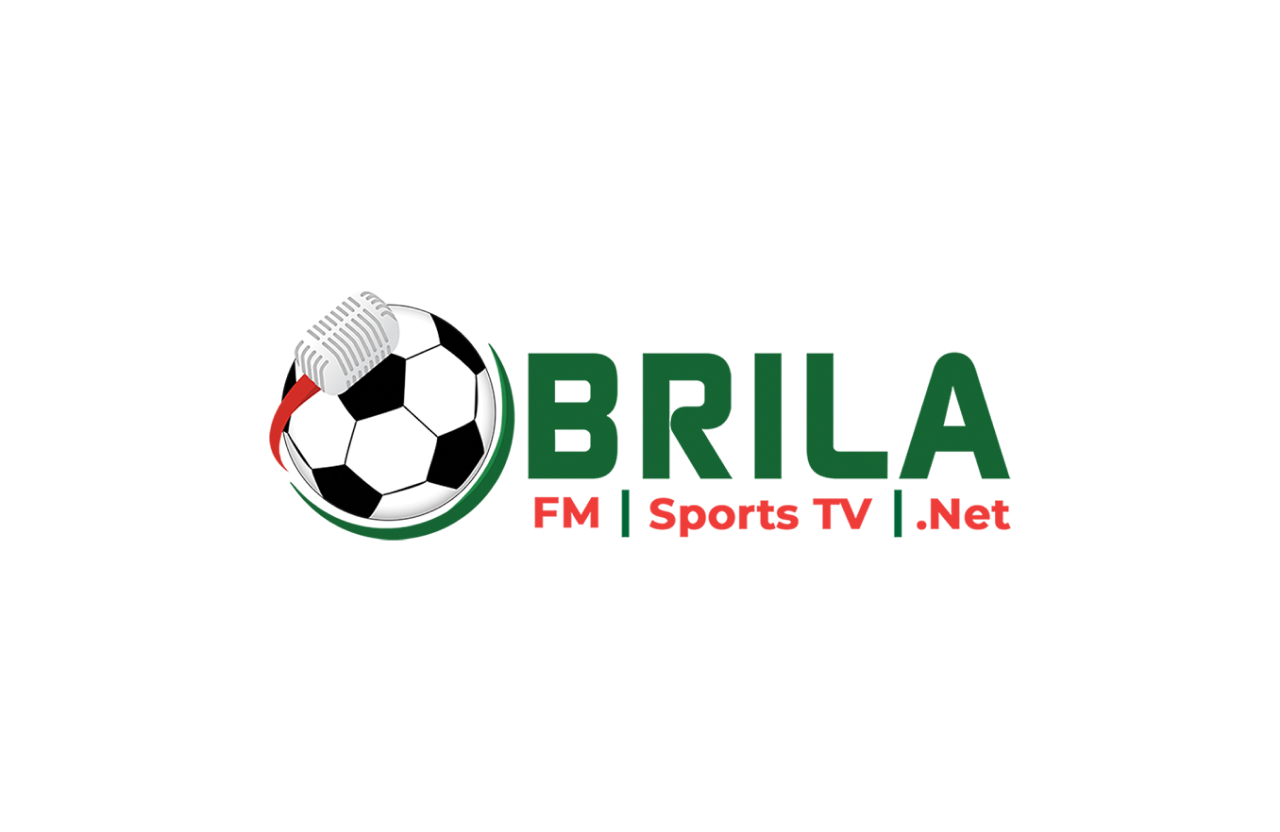The Presidential recognition of 2017 Women’s AfroBasket winners D’Tigress, plus the cash reward promised the team sparked an outcry from a Sport Federation President, his Athletes and a section of the media as well.
Nigeria secured a third title in the championship but it is not fair to think they only received support after the win.

Before the rousing welcome that greeted their arrival from Mali, there was a massive social media fanbase that followed the progress of D’Tigress every step of the way from camping in Lagos to the triumph against Senegal in the final on Sunday.
That fanbase is evident of how big Basketball is in the country and the massive following a championship in Bamako attracted in Nigeria and globally is perhaps only second to what happens with football.
However, a week before the AfroBasket tipped off, Nigeria had achieved a first in Amateur wrestling at the world stage.
Odunayo Adekuoroye wrestled her way to a silver medal at the Paris 2017 Wrestling World Championships. It was a first by any African and it was a big deal – should have been.
Wrestling like many other sports have suffered near neglect or attracted quite little government patronage or public appeal – even among sports people – and it’s irksome.
So when Olympic Gold medalist – albeit for Canada – and President of the Nigeria Wrestling Federation, Daniel Igali derided the Authorities for selective recognition, it drew genuine concerns.
Indeed, Igali’s outburst are over a genuine concern of a lingering Achilles problem with sports in Nigeria.
No minister since the days of enlightenment has managed to profer and implement a workable plan to address the gaping crevice in Sports/Athletes development, Competition participation and reward system.
Simply put, Nigeria has dwelled in this deficiency of lacking a Sport policy that gives direction to everybody involved.
A system that rewards Under 17 boys who win the World Cup with houses, jaw dropping cash sums and having streets named after them, but turns a blind eye to an elite Athlete defying an age-long jinx to pick a world championship medal needs re-evaluation.

It’s not only deceptive but also grossly disappointing how on the highest platform in the Country such mediocrity is celebrated yearly or however often those inexplicable situations occur.
So, it is no wonder there’s not been a single voice to either dismiss Igali nor any person bold enough to embrace and pacify the Adekuoroye.
But importantly, addressing that anomaly right now with legislation is the best response the government can give at this time to nip future discrepancies.
A system that rewards Under 17 boys who win the World Cup with houses, jaw dropping cash sums and having streets named after them, but turns a blind eye to an elite Athlete defying an age-long jinx to pick a world championship medal needs re-evaluation.
The ignominy of Adekuoroye’s situation and other wrestlers so far this year is that, individual athletes and the Federation have almost always have to go cap in hand begging for money to fund these trips.
So, where is the justice?
Although it should matter to the Sport Federations how much appeal their events attract among the spending public as that factor can help attract sponsorship, but also ensuring Athletes are medal prospects at any competition is important.
World over, countries have adopted specific reward systems for excellence in sports. While some have opted for cash showers, others have opted for other beneficial ways to keep Athletes motivated and the event productive.
In Nigeria we had a culture of throwing money at problems, inadequacies and rewarding mediocrity in the same light as we should excellence.
No more Today, not because we grew morally conscious, far from it. Rather that largess seem to have halted because the funds are no longer available for such spending sprees.
Some growing Asian and European countries established laws to put gold medal winning athletes on life-time or monthly salaries i.e. Malaysia and Romania.
Meanwhile in mainstream Europe i.e France; as is the case of Nigeria, the style is a one-off payment for excellence.
The British module though is built on establishment-athlete investment rather than doling away cash.
Team Great Britain won more than 50 medals at the 2016 Olympics games in Rio, but neither the government nor the British Olympic Association gave athletes any reward money.
The Association says it believes athletes are motivated by their desire to represent their country and their love of sport, per Christy Leung [CNN].
A clearer understanding of the British prototype was explained in an article by Josh Holiday for The Guardian.
He explained that, “UK Sport, which determines how public funds raised via the national lottery and tax are allocated to elite-level sport, has pledged almost £350m to Olympic and Paralympic sports between 2013 and 2017, up 11% on the run-up to London 2012.
“Those sports that have fuelled the rise in Britain’s medal-table positions over the past eight years – athletics, boxing and cycling, for example – were rewarded with increased investment.
“Sports that failed to hit their 2012 medal target – including crowd-pleasers such as wrestling, table tennis and volleyball – either had their funding reduced or cut altogether.”
After all said, what is the take away from this small ado?
All Nigerians, who have represented the country well and achieved success ought to be treated with the same amount of respect and their efforts recognized as should be.
Igali’s cry in the wilderness echoes those of now silent and or downtrodden voices, who have demanded nothing, but, that the right things be done.



